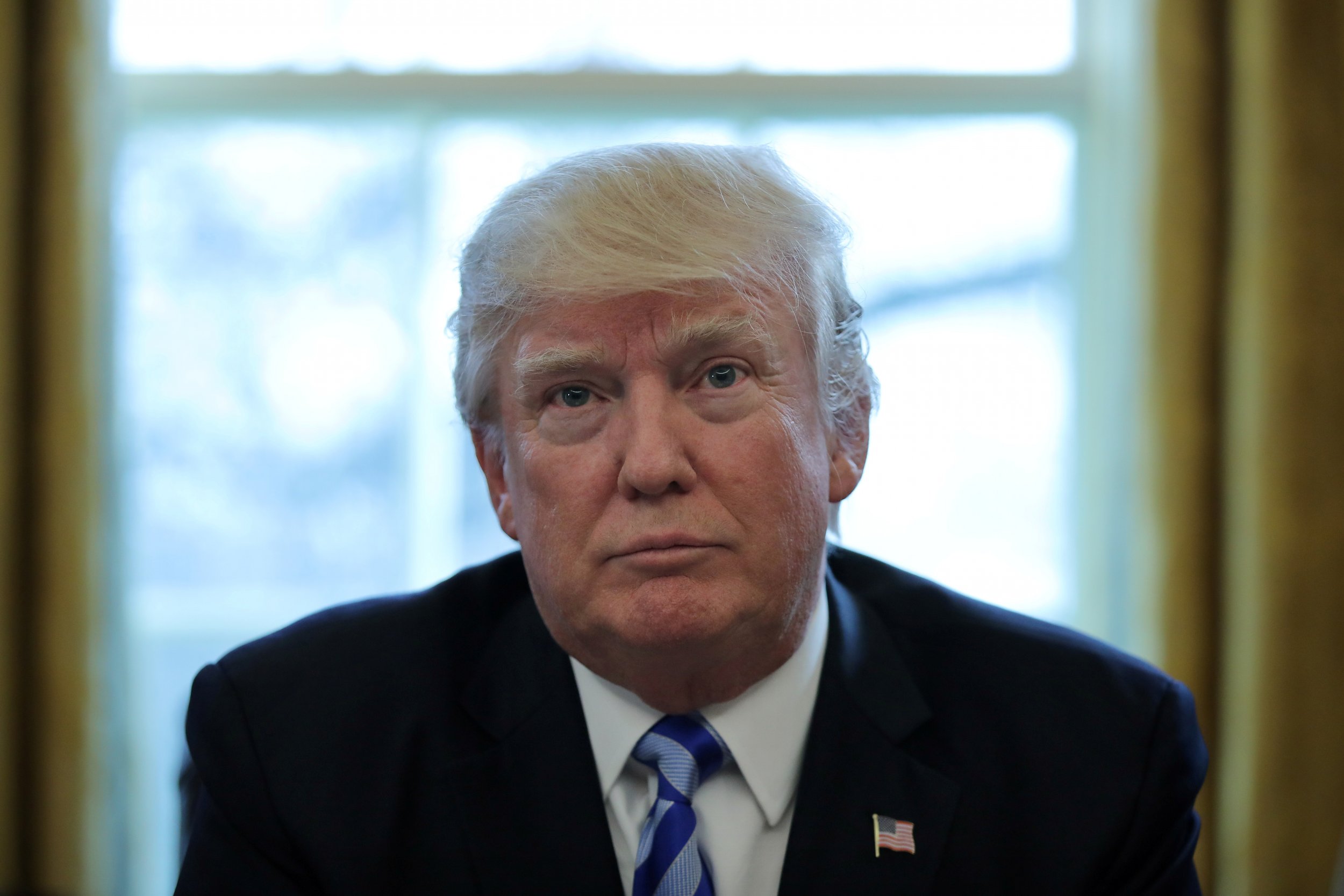
President Donald Trump is trying to deflect criticism over his administration's alleged ties to Russia. His solution? Tell everyone to look at "crooked Hillary" instead, of course.
Trump tweeted late Monday night: "Why isn't the House Intelligence Committee looking into the Bill & Hillaryth deal that allowed big Uranium to go to Russia?"
What's he talking about? Well, there obviously isn't an especially presidential level of detail in there. But we presume he's referring to allegations, first aired in 2015, that the Clinton family benefited from a "pay for play" scheme, whereby U.S. uranium reserves were supposedly transferred to the Russian owners of a mining corporation in return for donations to the Clinton foundation.
One problem, though: it's false.
According to Snopes, the fact checking site, this goes back to 2010, when Russia's nuclear agency, Rosatom, completed purchase of a 51 percent stake in mining company Uranium One.
Clinton, as America's top foreign policy official, had a role to play in the deal because it included the transfer of ownership of Uranium, which is deemed a sensitive national security matter. It required approval from the Committee on Foreign Investment in the United States, on which Clinton sat.
Over the time that the deal was going through, a 2015 book, Clinton Cash by Peter Schweizer, claimed that the Clinton Foundation accepted handouts from nine individuals connected to Uranium One totaling more than $100 million.
But, according to Snopes, there are big problems with citing this as evidence of Clinton corruption, as Trump has done several times, or calling it a "Bill and Hillary deal."
First, Clinton had no power of veto or approval over the deal. She was one of nine members of the committee, and in any case only the president has veto power.
Second, the vast bulk of the donations the Clinton Foundation allegedly received came from a man called Frank Giustra, the company's founder. But Giustra sold off his stake in the company in 2007, before the deal went through and before Clinton became secretary of state.
The New York Times reported that only one of the other donations came through at the same time that the deal was taking place.
Uncommon Knowledge
Newsweek is committed to challenging conventional wisdom and finding connections in the search for common ground.
Newsweek is committed to challenging conventional wisdom and finding connections in the search for common ground.
About the writer
Josh is a staff writer covering Europe, including politics, policy, immigration and more.
To read how Newsweek uses AI as a newsroom tool, Click here.








